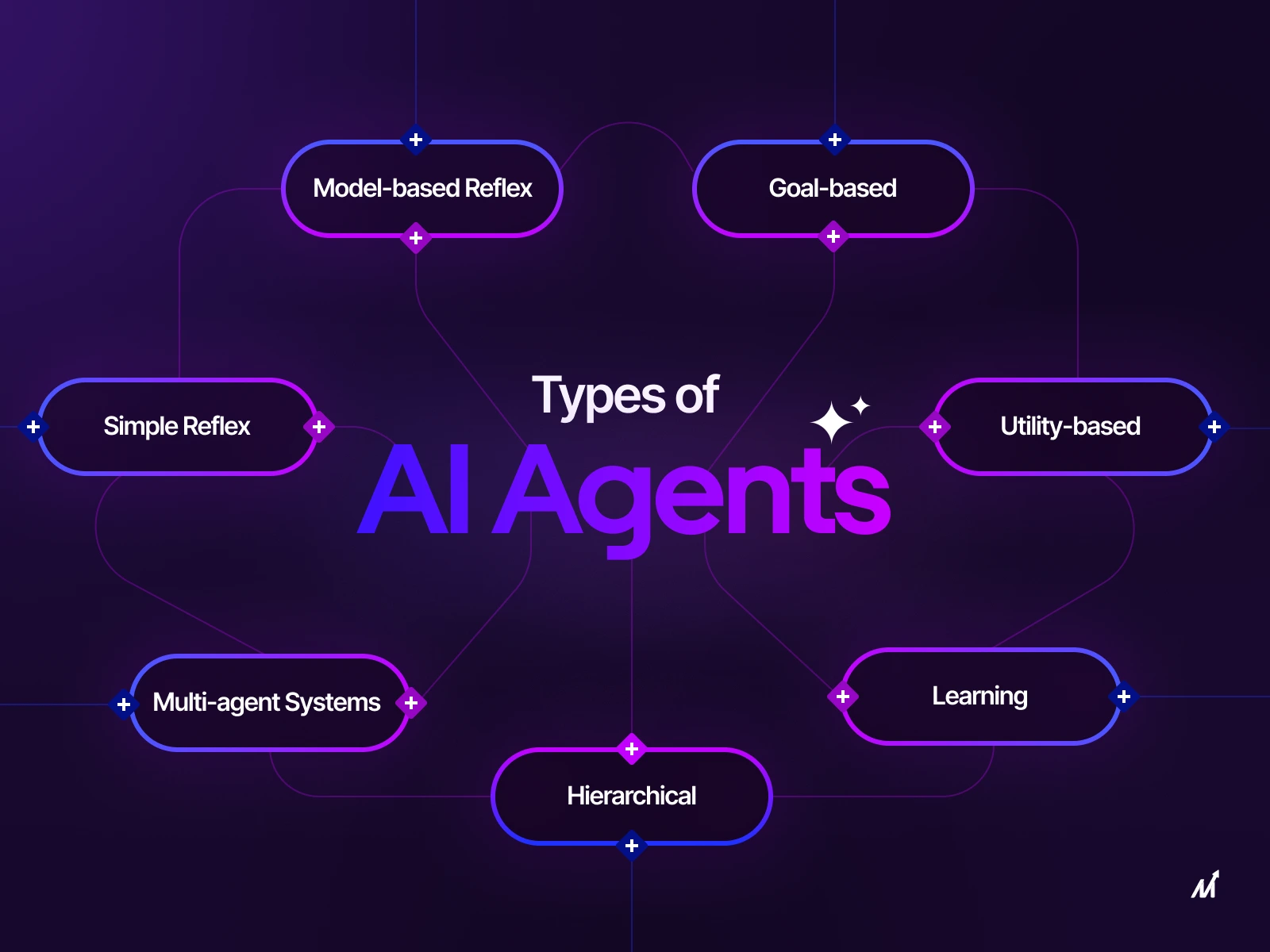Features
The repository exposes a Swarms class and example scripts demonstrating how to initialize the system with an OpenAI API key and run objectives. It supports pip installation and a downloadable repo with requirements, example.py, and usage snippets. The README documents architectural concepts including task decomposition, short-term and long-term memory, tool usage, self-reflection, and agent communication. Roadmap and TODO items list planned features: a Swarms API class with configurable worker counts, meta-prompting across workers, integration with debate frameworks, Ocean vector database for embeddings, FastAPI endpoints, a Gradio UI, multimodal screenshot worker, text-to-speech/text-to-script tools, and self-scaling worker swarms. The project also includes contribution guidance, a phased bounty program, and inspiration links to related multi-agent work.
Use Cases
Swarms helps developers and researchers build and experiment with multi-agent LLM orchestration by providing a starting framework, examples, and a clear roadmap for extending capabilities. It reduces the initial integration work by offering a packaged Swarms class, installation instructions, and example usage to run coordinated tasks with LLM workers. The project documents key agent-system components—planning, reflection, memory, and tool use—so implementers can design agents that decompose objectives, call external APIs, retain long-term knowledge via a vector store, and evaluate task completion. Planned integrations (debate frameworks, vector DB, FastAPI, Gradio) and a bounty program aim to accelerate practical deployments for use cases such as customer support, content generation, research workflows, and automated multi-step tasks. The open roadmap supports contributors who want to extend scalability, reliability, and UI options.








